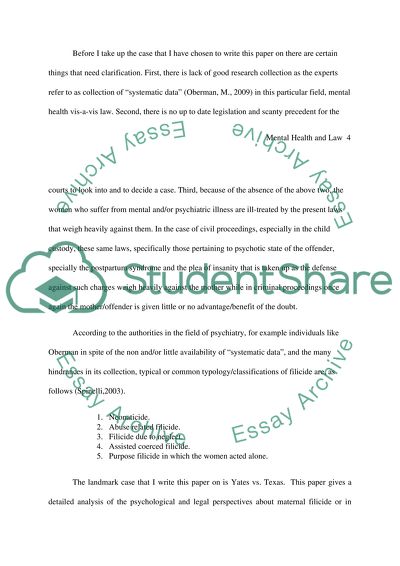Cite this document
(“Court Case on Mental Health Law Assignment Example | Topics and Well Written Essays - 1750 words”, n.d.)
Retrieved from https://studentshare.org/psychology/1394839-court-case-on-mental-health-law
Retrieved from https://studentshare.org/psychology/1394839-court-case-on-mental-health-law
(Court Case on Mental Health Law Assignment Example | Topics and Well Written Essays - 1750 Words)
https://studentshare.org/psychology/1394839-court-case-on-mental-health-law.
https://studentshare.org/psychology/1394839-court-case-on-mental-health-law.
“Court Case on Mental Health Law Assignment Example | Topics and Well Written Essays - 1750 Words”, n.d. https://studentshare.org/psychology/1394839-court-case-on-mental-health-law.


